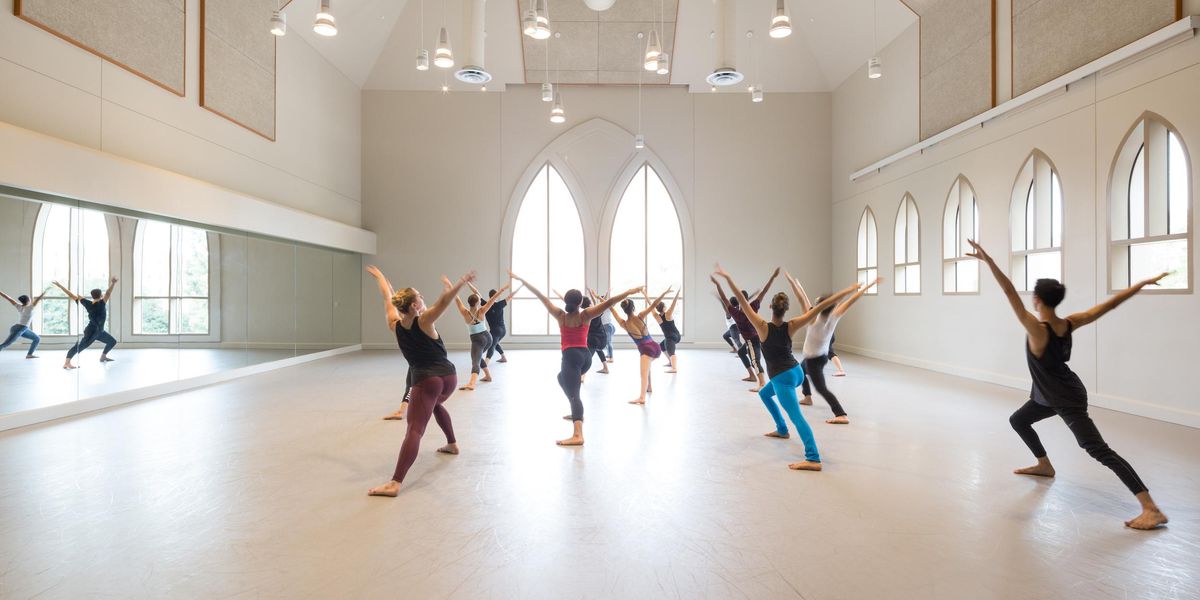The Latest: Pressing On
El-Funoun in performance. Photo by Mouhammad Turokman, Courtesy El-Funoun.
Against all odds, one dance company has survived and thrived in the occupied Palestinian Territories for 35 years. Despite being located in the Ramallah district in the West Bank, El-Funoun Palestinian Popular Dance Troupe recently celebrated the anniversary by inviting 25 alumni to join its 30 dancers and 45 youth group members for a performance. This month the company premieres a new production for their youth troupe at the Ramallah Cultural Palace.
El-Funoun’s years of success have not come without incessant struggle. The company performs in Palestine and neighboring Arab countries, nurturing dance groups that have sprouted up in villages, refugee camps and youth clubs. Under the Israeli occupation, however, mobility is increasingly limited. Checkpoints and bypass roads make what should be a 30-minute drive to Bethlehem take at least three hours. Access to water and electricity is also unpredictable. “Life under occupation is difficult,” admits Noora Baker, a former El-Funoun dancer who now heads the troupe’s training and production. “Yet with that difficulty comes challenge and resistance for us. El-Funoun is a collective, believing in humanity and justice, striving to set a good role model in its society.”
Many of the dancers have traumatic stories of living under occupation. As a child, Baker witnessed her parents and sister being arrested, dragged out of the theater and kicked by soldiers. They were there during a peaceful demonstration performance—according to Baker, protest against the occupation is forbidden. Then, the theater was tear gassed, blotting out the rest of her memory of the incident.
Such stories only strengthen dancers’ resolve to spread their art and make an impact on their community. When El-Funoun was founded it was an all-male troupe, but in 1981 women joined, breaking the cultural taboo of both genders performing together in public. The company’s choreography was originally based on the dabke, the stomping, skipping folk dance that is a cherished part of Palestinian identity. “They chose dabke as a means for resistance to the occupation,” says Baker. While still inspired by dabke, it has since evolved to include contemporary choreography, work by guest artists and experiments in new media. The company also helped establish Popular Art Centre in 1987, which offers classes in dabke, modern, ballet, salsa and jazz and hosts the Palestine International Festival for Dance and Music. And in a gesture of solidarity with its brothers under siege, proceeds from one of this season’s performances will go toward supporting a youth group in Gaza.
New York choreographer Yoshiko Chuma, who has collaborated with the company, said, “Eighty percent of their lives is tragedy and 20 percent is happiness. Their work is based on the happiness. When people from El-Funoun told me their family’s history, I had so much emotion to cry, but they do not cry. That is their strength.”




